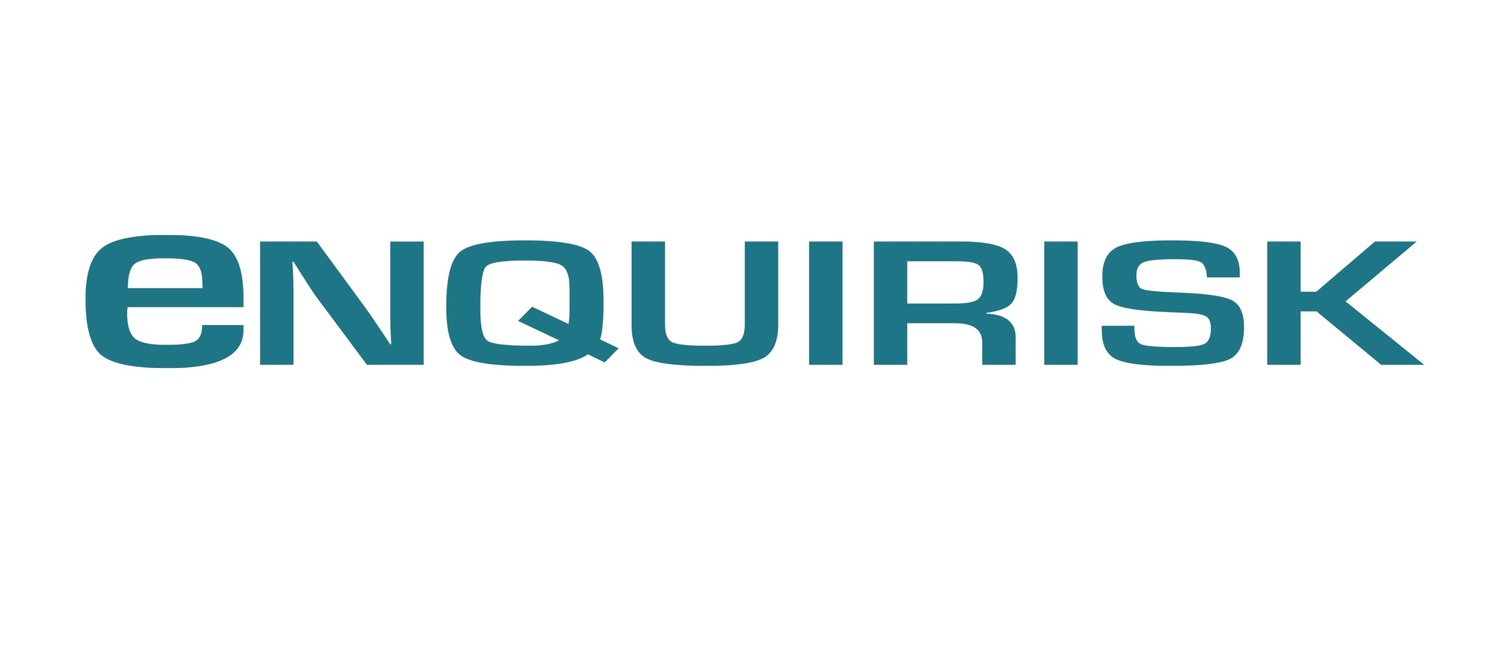Intelligence for Sanctions Compliance
International sanctions and trade restrictions are growing in scope and complexity, not least in response to Russia’s invasion of Ukraine. Compliance with such laws can require insights into third-parties that cannot be achieved with automated screening or desktop research. For situations of heightened risk, an investigative approach that goes beyond the public record is recommended.
The US Office of Foreign Assets Control (OFAC) manages over 35 sanctions programs. Their targets range from whole countries or regions (Cuba, Iran, North Korea, Syria, and the Crimea region of Ukraine), to foreign governments (Venezuela, Nicaragua); and from specific economic sectors, to specific individuals and entities. All in all, OFAC has targeted well over 9,000 individuals and entities around the world. Importantly, sanctioned individuals may reside in countries that are not sanctioned. Besides OFAC, several other US government agencies also administer their own restrictions to international trade. One prominent area of growing regulation is the control of exports to China.
The Russia/Belarus sanctions enacted by the US and other G7 countries are some of the most extensive ever issued. They ban businesses from dealing with hundreds of Russian individuals and entities in specific economic sectors to sanctioning administrative and political organizations and functionaries. They also block the assets of designated persons, ban the supply of Western dual-use technologies, and mandate price caps on Russian crude oil and oil products. The US is enforcing such sanctions very robustly, and officials have pledged to increase their focus on non- Russian and non-US persons that facilitate the evasion of sanctions. Non-US entities may also be touched by US sanctions if the transact in US dollars.
Other laws require companies to proactively check that their direct and indirect suppliers do not engage in child-labor or forced labor, are not violating environmental standards, or are not utilizing production inputs sourced from sanctioned countries or entities, etc. Moreover, under the US Foreign Corrupt Practices Act (FCPA) and similar legislation from other countries, companies must ensure that their agents, intermediaries and contractors are not paying bribes on their behalf. Third parties can devise very elaborate schemes to hide illegal payments to individuals who can decide on lucrative contracts, licenses, etc.
Finally, financial institutions are expected to screen their customers for Anti-Money Laundering, Counter-Terrorism Finance, and US sanctions risks. They are also required to keep monitoring the risk profile of high-risk customers, including their reputation in foreign language media.
How we can help
Companies should seek legal advice to ensure compliance with such a plethora of laws and trade restrictions. In conjunction with their legal counsel, Enquirisk can help companies conduct a detailed risk assessment that ranks their countries of operation, their goods and services, and third-party relationships according to the level of risk they pose. Risk assessment is the foundation of any risk management program, and it should be updated regularly to reflect changing regulations and risk levels.
A risk-based compliance program will highlight which third parties or situations pose heightened risks. Those cases tend to require enhanced due diligence, possibly including intelligence gathering beyond the public record. Enquirisk has the experience and global network of collaborators to effectively and discreetly gather relevant intelligence.
With regards to US sanctions, two aspects, in particular, underline the possible need for in-depth due diligence:
50% ownership rule: sanctions apply not only to designated individuals and entities but also to entities that they own 50%, whether individually or jointly. Companies must find out whether a company they are dealing with meets this ownership criteria. Automated screening and public records are unlikely to help, as ownership is often hidden behind complex ownership structures that may involve shell companies registered in low-transparency jurisdictions.
The “foreign direct product” rule, which applies to Russia/Belarus and many other countries, sectors and entities (e.g., China), allows the US Department of Commerce’s Bureau of Industry and Security (BIS) to restrict the export of controlled technologies (components, software, etc.) to customers anywhere in the world that use them to build products sold on to sanctioned entities, countries or sectors. Therefore, companies selling relevant goods and services need to be reassured about their customers’ customers.
Enquirisk can also help companies review their supply-chains, prioritize their risk mitigation efforts and investigate any high-risk junctures in those chains. It can support anti-bribery investigations, support litigation with asset-tracing, and perform enhanced due diligence from an Anti-Money Laundering perspective (AML). Finally, Enquirisk can help companies assess the likelihood that the countries, sectors and entities they (plan to) deal with may be targeted by future sanctions.
Disclaimer: Nothing in this note constitutes legal or investment advice.

